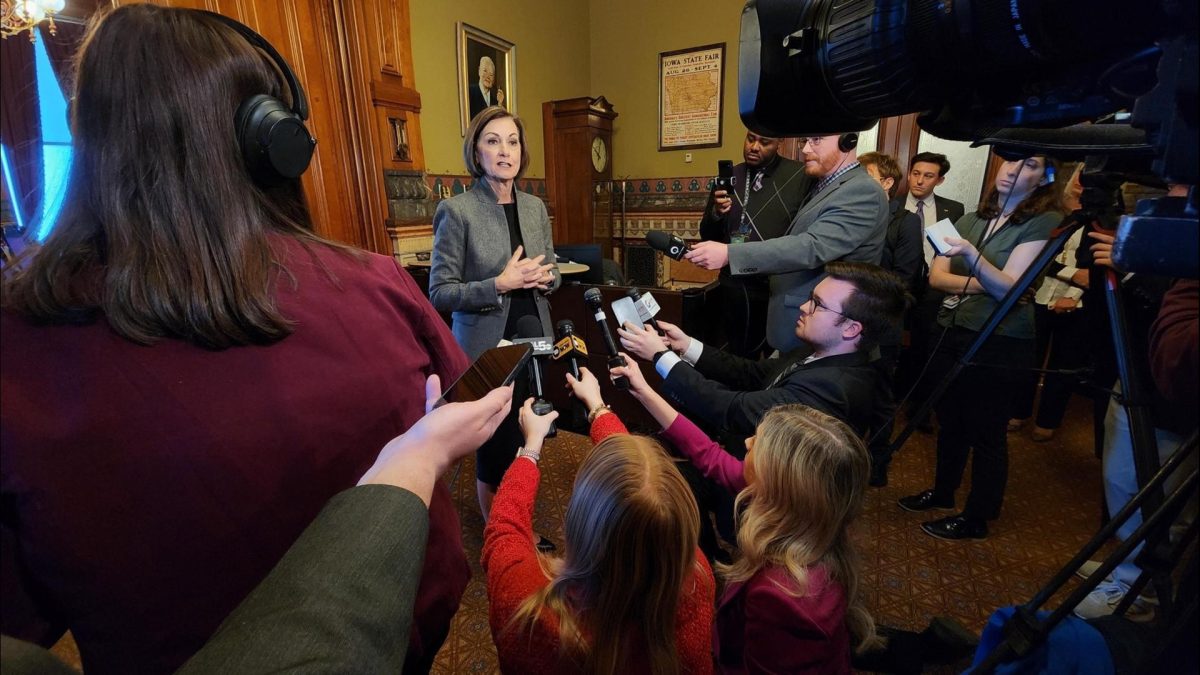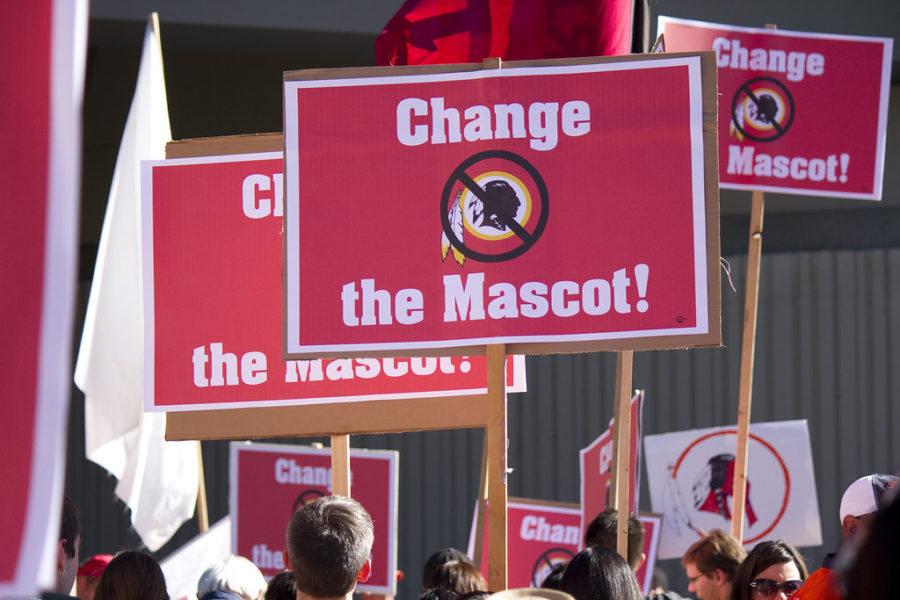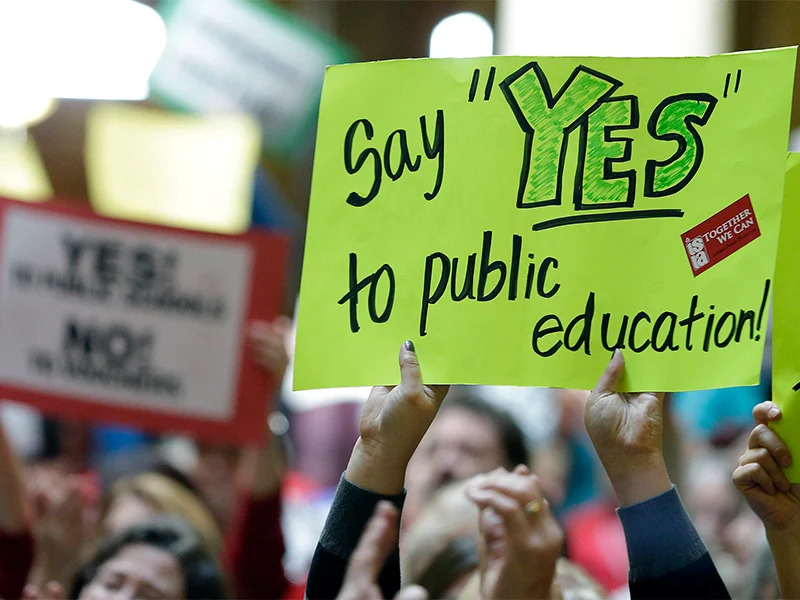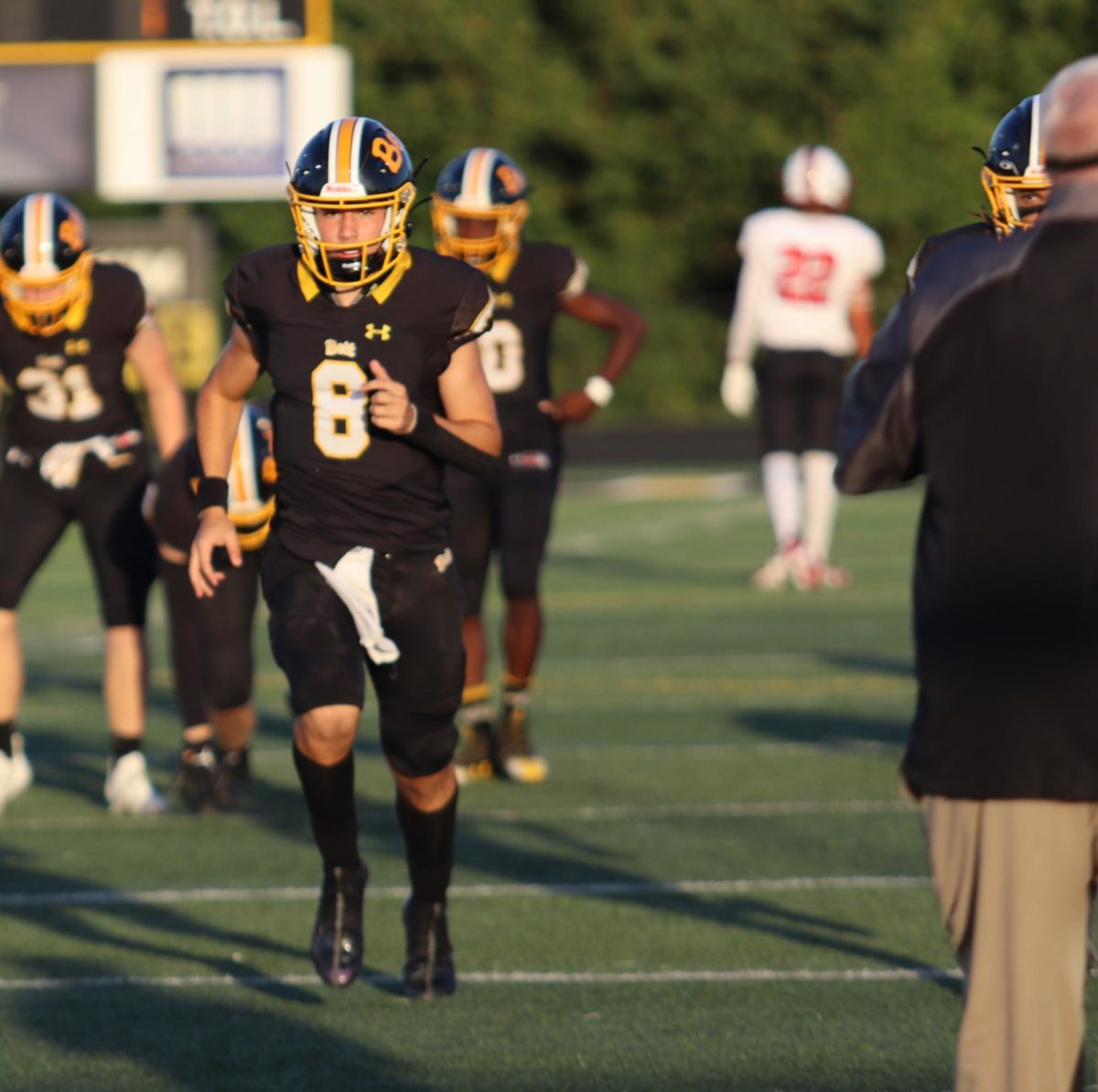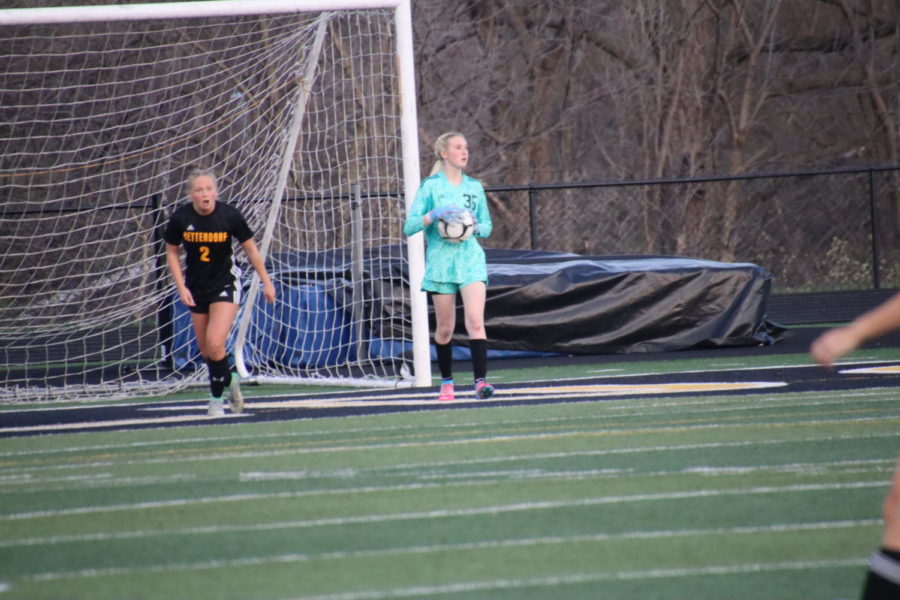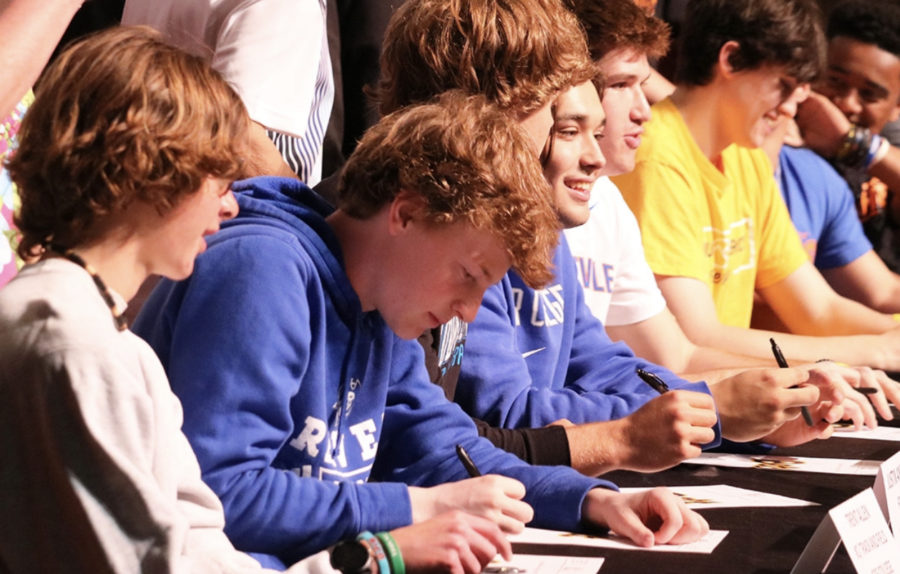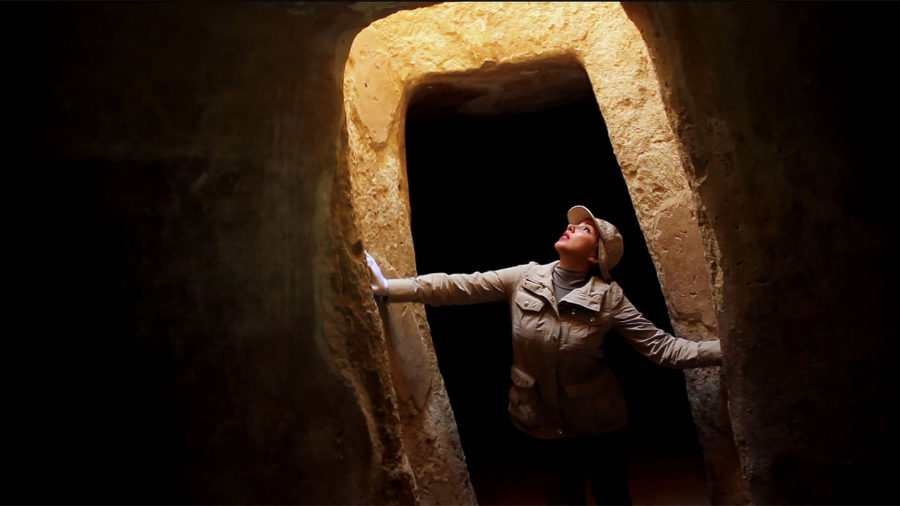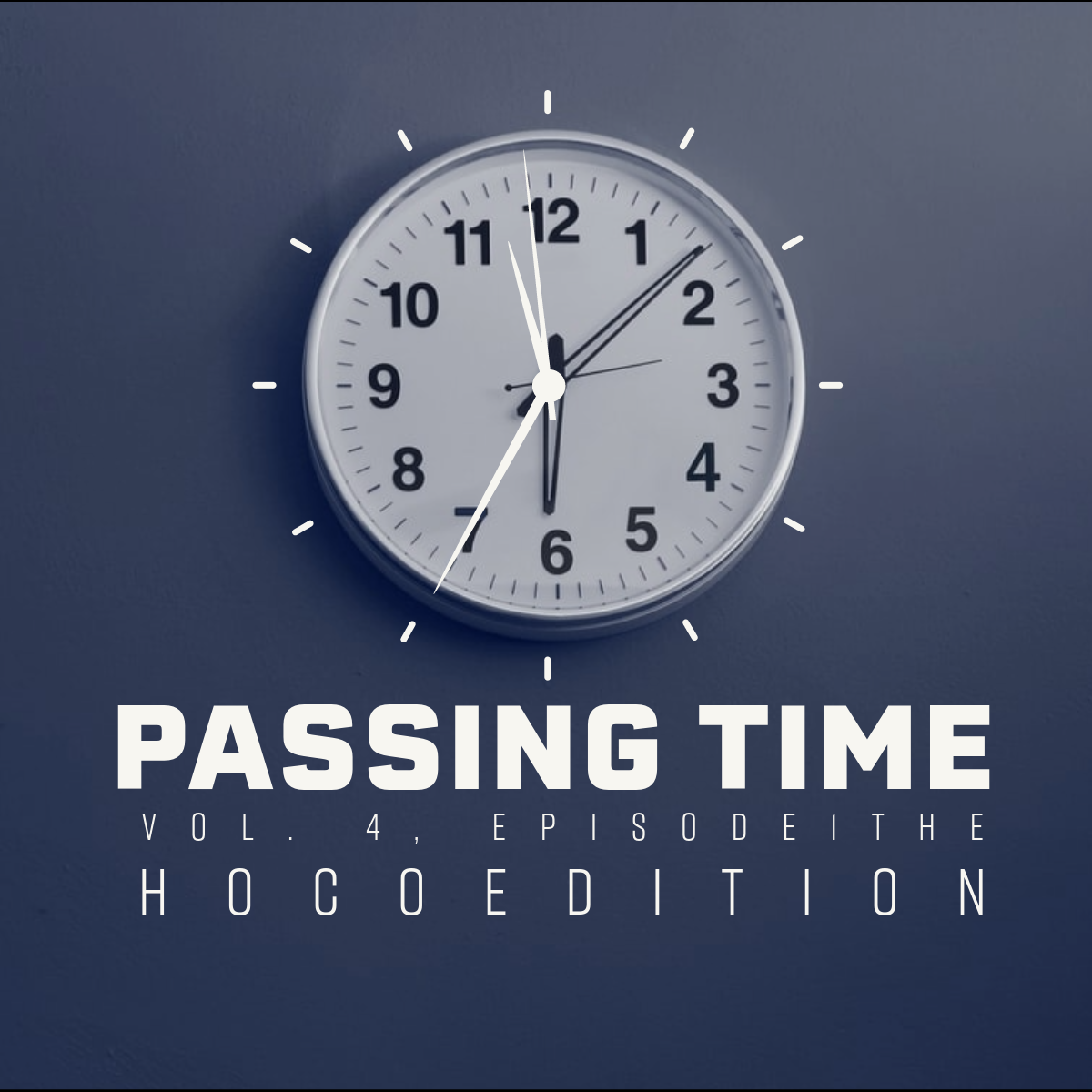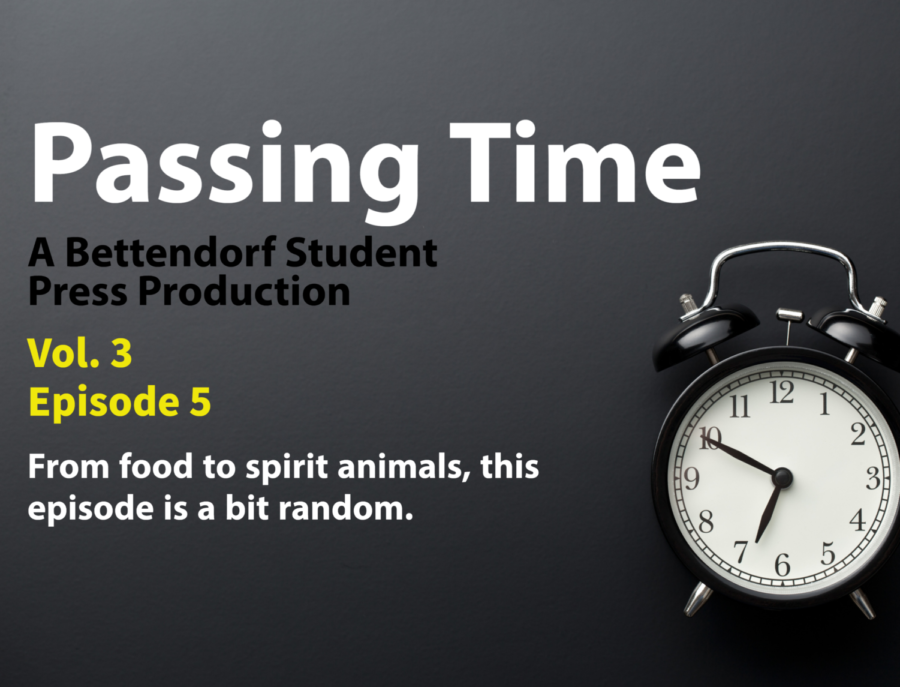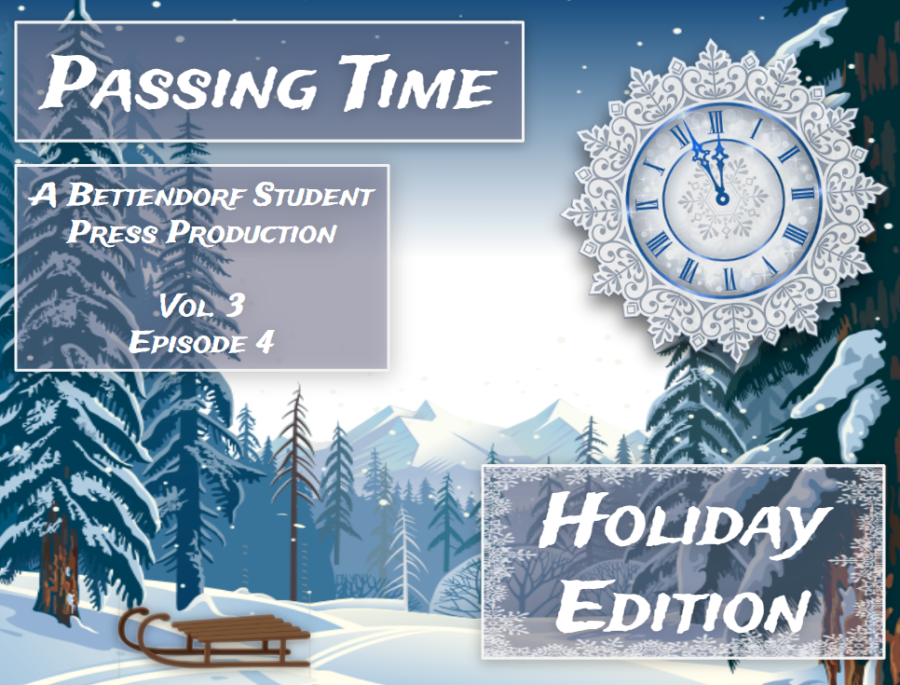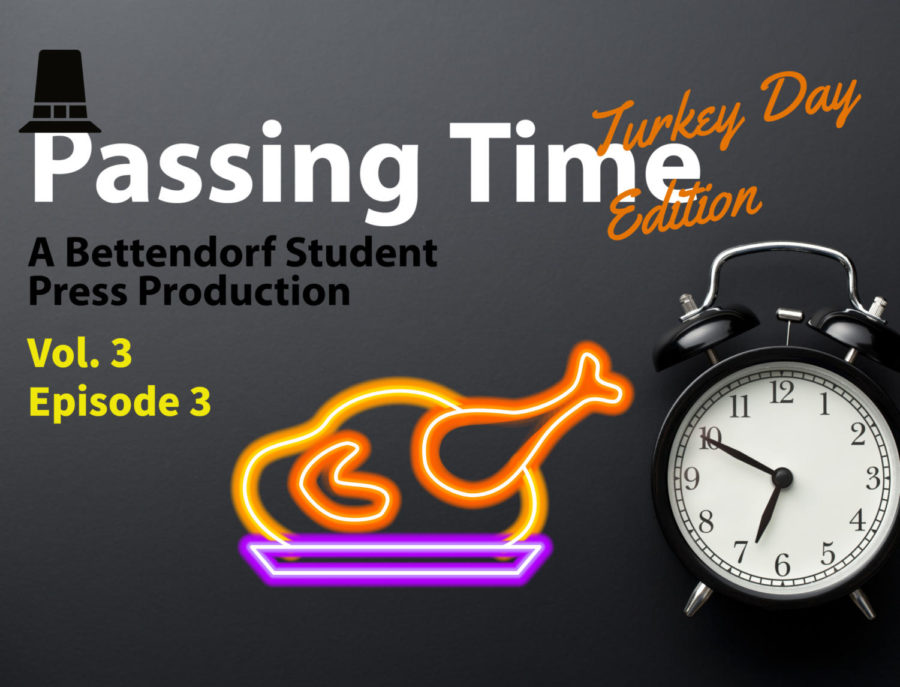Public funds belong in public schools
February 13, 2023
Education, one of the most valuable and defining factors in life, has been the subject of debate since its establishment; this is the case again with the Students First Act in Iowa, which was signed into law earlier this month.
Private education has always been an alternative to public schools, but supporters of the bill believe the voucher will give options to parents who disapprove of their school’s policies or curriculum, whatever they may be, and provide an educational choice.
But school choice already exists through open enrollment, a process anyone can take advantage of through the current public educational system, homeschooling or online education.
The question is, how will private schools be held accountable for public funding?
Many private institutions have different standards than their public counterparts. Unlike public schools that are required to admit all students, private schools have the discretion to accept or deny any student who applies, something that will not change with the passing of this bill, based on characteristics like religion, race or sex meaning that not all students will have a fair and equal chance.
Also, logistically, this bill only benefits a minute number of the population. People in cities will have an advantage because of their proximity to other institutions, but those in secluded areas that account for 75% of the public school population will have limited options, creating a divide.
House File 68 will eventually allow all Iowa families to use up to $7,598 a year for private school tuition.
The money can pay for educational-related expenses like textbooks, tutoring, standardized testing fees, online education programs, and vocational and life skills training.
Public school students do not get these benefits that pay for the ACT, SAT, or specialized tests. How are they supposed to pay? Their families also pay the taxes that are supposedly funding the bill.
There are projects that these funds could combat, like diminishing student hunger in public schools that affects one in three kids, but they are not and instead are being used to undermine schools that desperately need this funding.
Bettendorf is behind in many areas, including their athletic and music departments or the simple fact that no major renovations have occurred to the school’s original building since its construction, and this bill will only create budget cuts and produce more antiquation.
Politicians should stop giving handouts to the rich who have the means to use this bill and use it to subsidize underfunded public schools and create advancement. Iowa legislators should not turn to the alternative, “look over here instead of there,” to disguise the lack of work they have done to improve public schools – the most accessible form of education for all.
Public funds belong in public schools.

